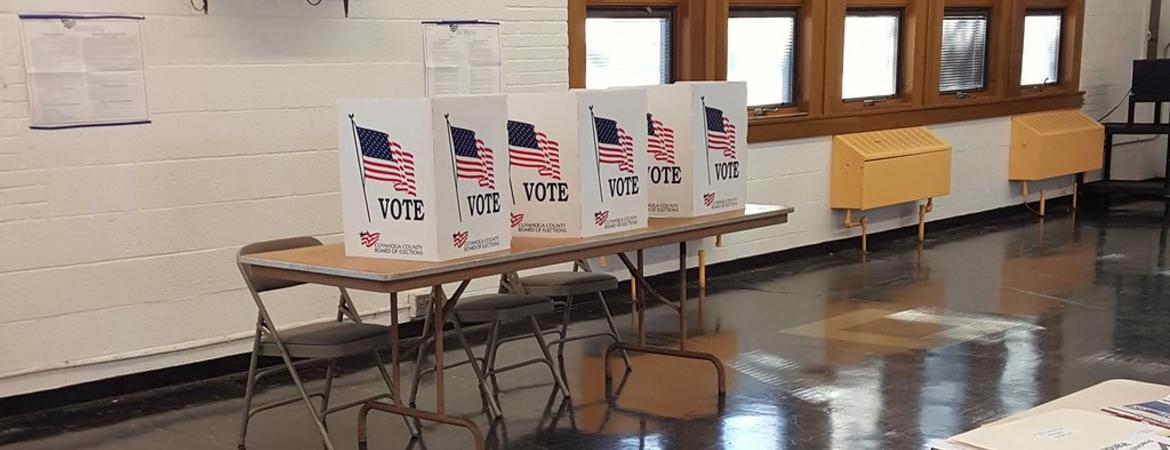Center for Social Innovation

It is by now widely recognized that population health is shaped, not only by clinical care, but also by community conditions such as affordable housing, quality education, living wage jobs, and even more broadly by social and economic factors such as poverty and discrimination, and policy-related factors like immigrant integration and exclusion. This shift in our understanding has been based on a deep body of empirical research and built on theoretical and conceptual frameworks involving social determinants and policy contexts affecting health outcomes.
In the last decade, there has been a growing recognition that voting and other forms of civic engagement are also connected to population health and health disparities. Yet the connections between civic engagement, community and policy conditions, and population health outcomes have not been well established. Over the past several years, the Robert Wood Johnson Foundation has been funding projects that aim to improve the research and understanding behind this connection. The Center for Social Innovation in partnership with the University of Wisconsin Population Health Institute has been a part of this work.
In June 2021, we released the Civic Engagement and Population Health Compendium, which articulates concepts and measures relevant to civic engagement that extend beyond voter registration and voter turnout. When it comes to policy influence, activities like contacting officials, making campaign contributions, and attending public hearings can be very consequential. Policies are shaped by elections and by those who continue to engage in the process afterward. Past scholarship has shown that communities with greater resources and fewer barriers to civic engagement are more likely to have their needs addressed.
Inequities in civic engagement are especially significant given the recent restrictive voting restrictions laws proposed and passed in the wake of the 2020 election amidst and unsubstantiated claims of massive voter fraud claims. As of July 2021, the Brennan Center for Justice reported that 18 states, the majority of which are in the Midwest or South, have enacted laws this year making it harder to vote. The new laws include narrowing the window to apply for mail-in-ballots and cutting the number of polling places. At the same time, the Brennan Center also identified 25 states ranging from California to Maryland, that passed laws with provisions that expand voting access. Legislative activity on voter access is not over; Texas is currently in the midst of its second special session of its legislature, contemplating a raft of restrictions on voting by mail, drive-through voting, and 24-hour access to voting.
In addition to knowing the barriers to civic engagement, it is also important to understand inequities in participation that exist by race, gender, socioeconomic status, and immigrant status. We must prioritize research that helps us understand the causal mechanisms underlying the links between health and civic engagement, and interventions that can reduce barriers regardless of our identities or lived experiences.
These mechanisms are likely to be complex and will require different methods and approaches to improve our understanding of factors that jointly produce disparities. This kind of research is improved when communities and organizations most impacted by inequities are empowered as active partners in the design, implementation, analysis, and dissemination of findings. Action-oriented research that gets at key indicators, underlying mechanisms, and pragmatic solutions is more important than ever in maintaining a healthy democracy.
The Civic Engagement and Population Health Compendium is a concise collection of research and materials on civic engagement and population health including: key concepts, indicators, and datasets related to civic engagement, broadly and comprehensively defined, and measured at the individual and group level, and across varied geographic scales.
The compendium, available at https://socialinnovation.ucr.edu/, was written as part of Civic Engagement and Population Health Initiative, a joint project of the University of California, Riverside and the University of Wisconsin Population Health Institute.
Support for this program was provided by the Robert Wood Johnson Foundation. The views expressed here do not necessarily reflect the views of the Foundation.
Photo credit: "Voting booths in Cleveland Heights" by Tim Evanson is licensed under CC BY-SA 2.0